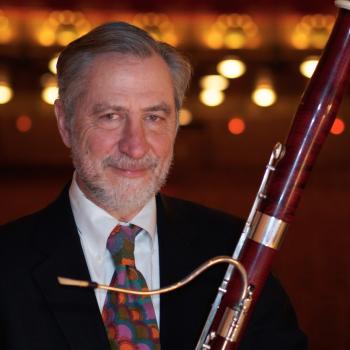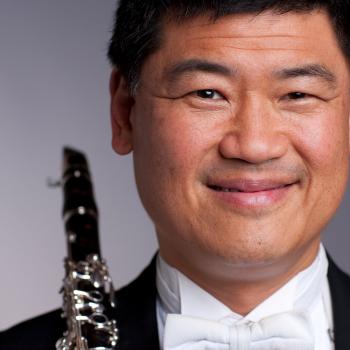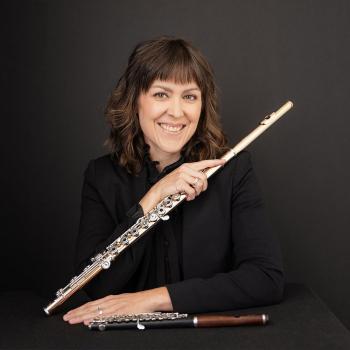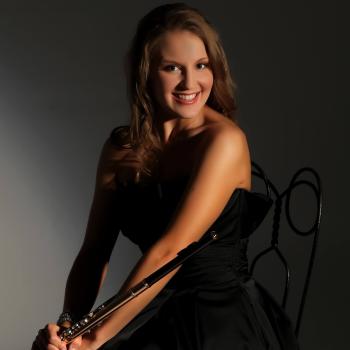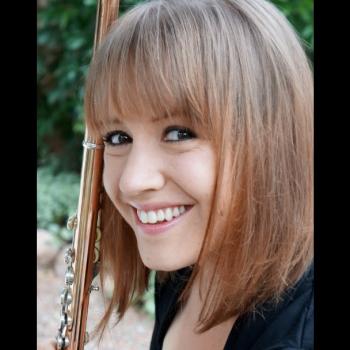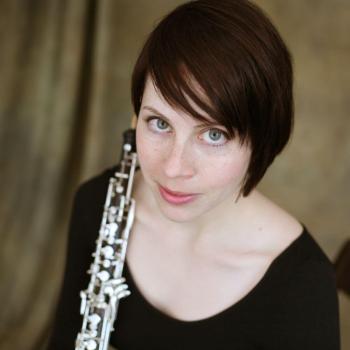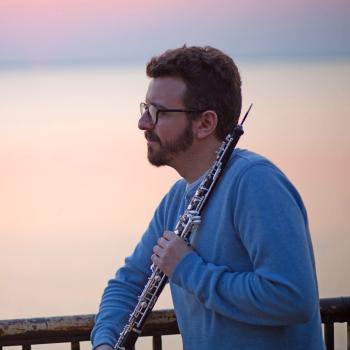Bachelor's, Master's, or Diploma in Woodwinds [Bassoon, Clarinet, Flute, Oboe, Classical Saxophone] (BM, MM, or Diploma)
The Woodwind Performance program prepares students with the training and background to succeed as professional musicians. Students learn from master teachers who can be seen and heard on some of the greatest stages in the world. Our students graduate with comprehensive musicianship skills, performance capability, analytic abilities and stylistic knowledge.
Why Roosevelt for your Woodwind Program
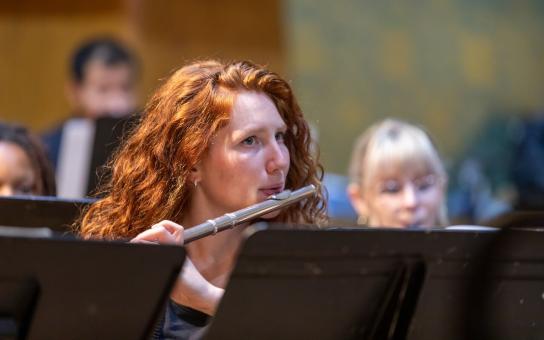
Woodwind Education in the Heart of Chicago
For students who are looking for an intensive music conservatory experience paired with the rich musical and cultural experiences provided by living in a major city, CCPA will prepare help prepare students for a successful career in music. CCPA's emphasis on entrepreneurial activities also prepares students for multiple career opportunities after graduation.
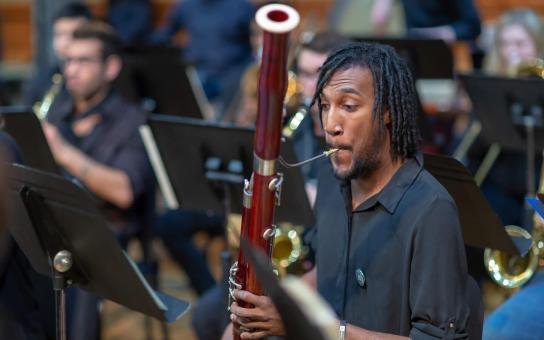
Experienced Faculty
CCPA's faculty is comprised of passionate teachers and performers who can be seen/heard on stages around the world, including here in Chicago with organizations such as the Chicago Symphony Orchestra and the Lyric Opera of Chicago.
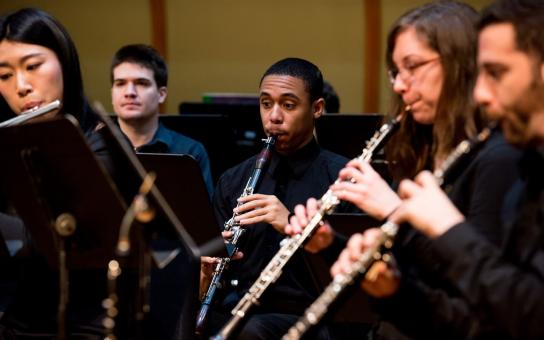
Multi-Faceted Performance Studies
Students become acquainted with the Classical Art Music Canon of works through Large Ensemble and Chamber Music performance, delve into historical performance practice, develop a hunger to discover excellent contemporary music and, most importantly, develop their own individual artistry and musical vision.
“The Woodwind faculty at CCPA comprises passionate teachers and performers who can be seen/heard on stages around the world, including here in Chicago at the Chicago Symphony and Lyric Opera). Students in the woodwind program will enhance their musicianship by learning and developing performance skills on their instruments under the tutelage of master artists. Students will also learn pedagogical techniques for teaching students while working in a cooperative-learning environment. Plus, if you are a student at CCPA you will get to live in the heart of Chicago, one of the world's most culturally and artistically diverse cities.”
Marie Tachouet
Artist Faculty, Flute
